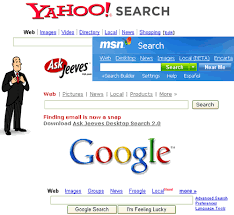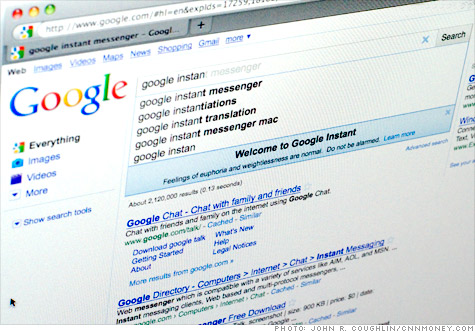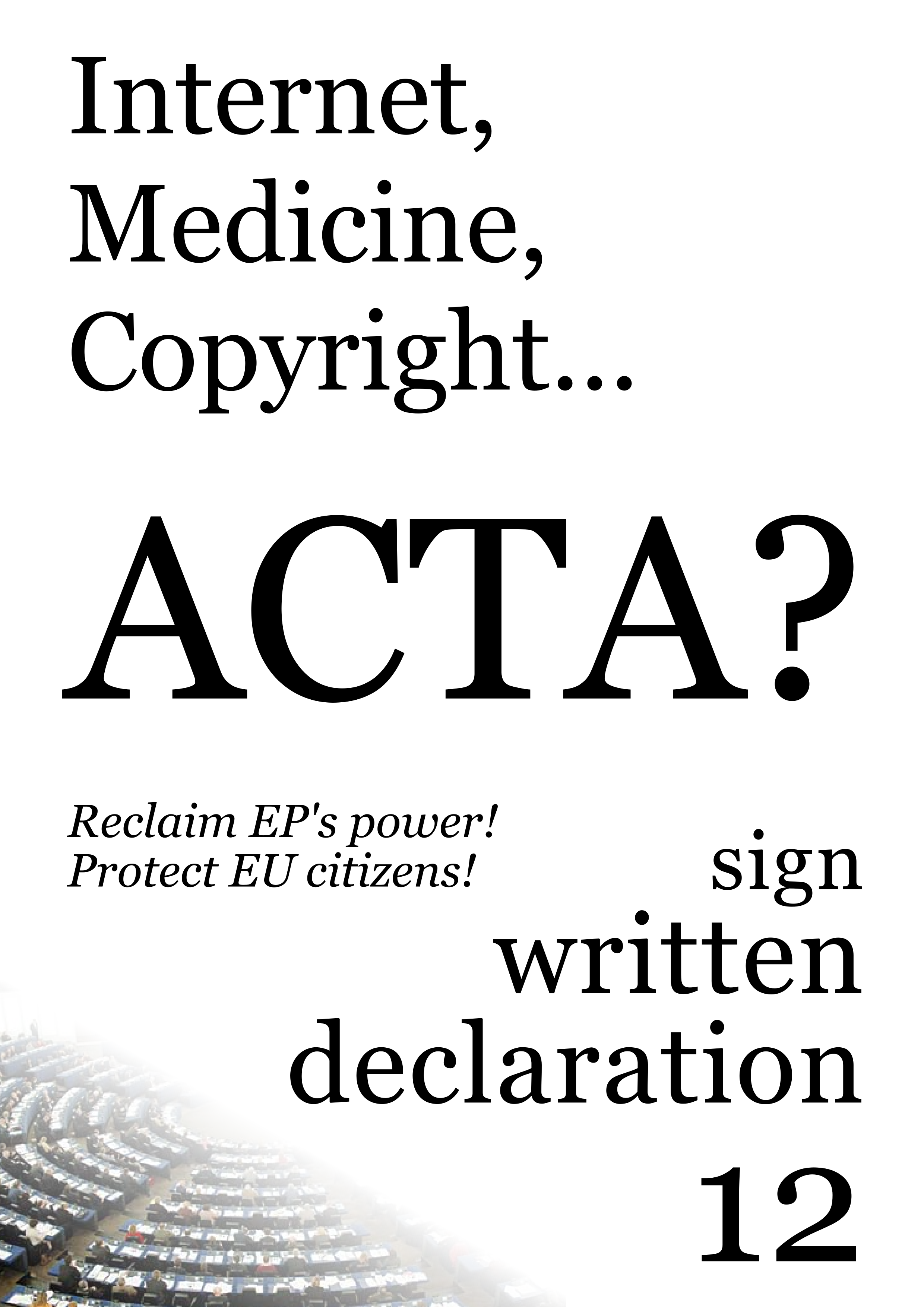by Jared Moya
Steve Tepp, Senior Director of Internet Counterfeiting and Piracy for the U.S. Chamber’s Global Intellectual Property Center, argues that recently proposed Combating Online Infringement and Counterfeits Act does not amount to ” foreign political censorship” even though the bill would force ISPs to “prevent the importation into the United States of goods and services offered by an Internet site dedicated to infringing activities,” and it’s unlikely accused website operators from around the globe would be able to appear in a US courtroom to dispute the charges.
The US Chamber of Commerce is trying to counter critics claims that recently proposed legislation would not be tantamount to “foreign political censorship.”


























